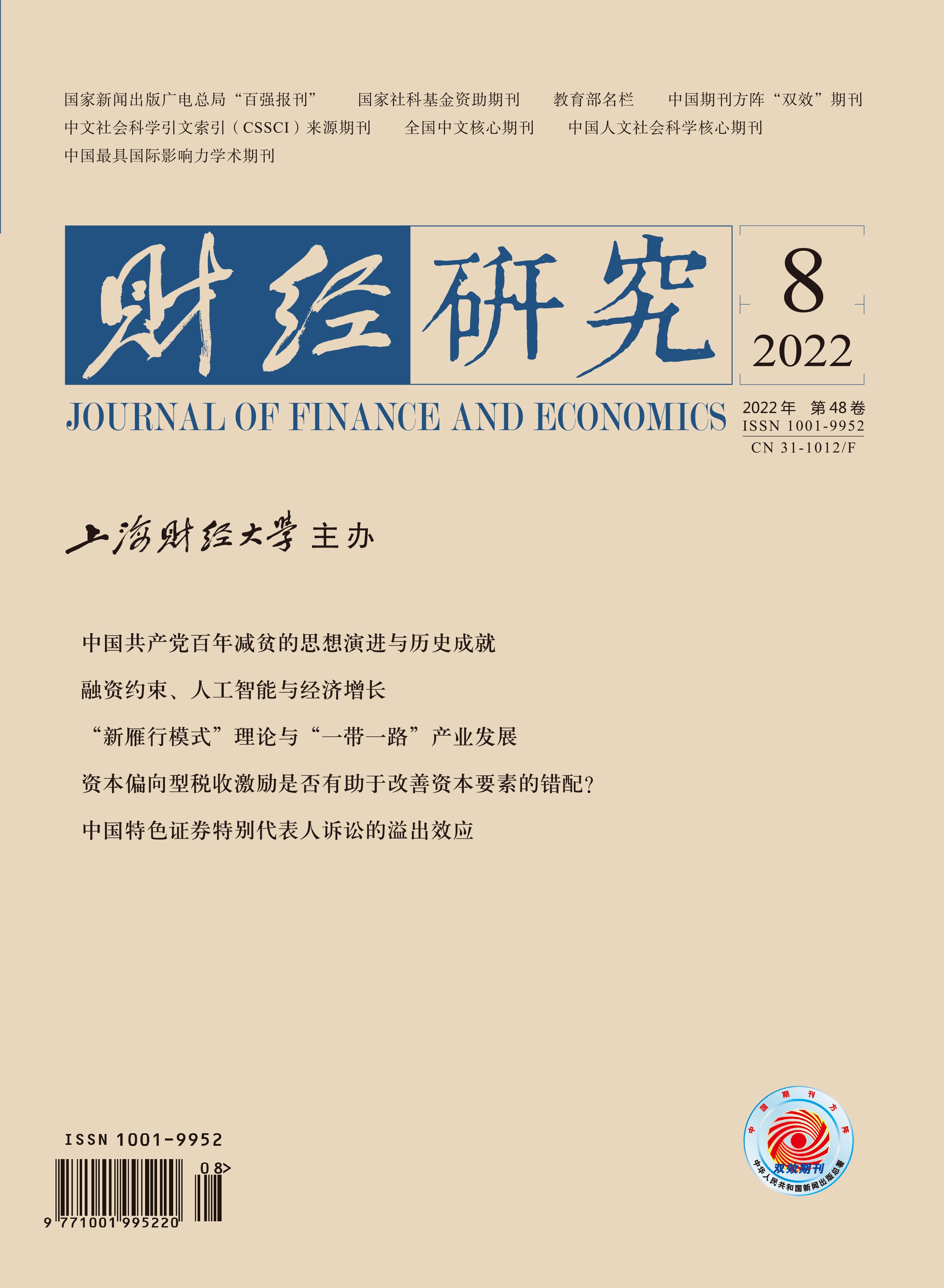As a core policy tool for poverty alleviation in China, fiscal transfer payment provides an important perspective to understand the poverty governance system with Chinese characteristics. A systematic review of the basic logic of China’s fiscal transfer payment policy in poverty governance and the characteristics of its ideological transformation since the reform and opening up not only enriches the theoretical research of poverty governance in China, but also has important practical significance for properly evaluating the poverty alleviation effect of fiscal transfer payment.
The development and transformation path of China’s fiscal transfer payment thought not only follows the general logic of transfer payment in poverty alleviation, but also presents specific evolutionary characteristics of different historical periods. This paper investigates the basic logic and ideological evolution of fiscal transfer payment in China’s poverty alleviation since the reform and opening up from three dimensions: government dominance, transfer payment targeting, and transfer payment goals. The findings show that: (1) From the perspective of government dominance, with the deepening of poverty governance, the central government changes from the initial “compromise” to strengthening independent macro-control in funds allocation. (2) In terms of transfer payment targeting, its mechanism experiences the adjustment of “region – county – village” from generalized to targeted measures, under the gradual downward trend of poverty targeting. (3) For transfer payment objectives, with the continuous development of anti-poverty theory, fiscal transfer payment policy has shifted its focus from “financial balance” to the long-term goal of “equalization of basic public services”. Generally, the phased adjustment and adaptive improvement of transfer payment policy under different poverty governance goals have further guided the transformation, development and innovation of fiscal transfer payment thought.
The contributions of this paper are as follows: (1) It provides a theoretical review and analysis of the basic logic of fiscal transfer payment, thus enriching the theoretical and practical research on poverty governance. (2) It systematically investigates the dynamic adjustment process of fiscal transfer payment policy from a multi-dimensional perspective, thus revealing the development and transformation of China’s fiscal transfer payment thought since the reform and opening up. (3) It summarizes the great achievements and rich experience of China’s poverty governance in light of the evolution of fiscal transfer payment policy, and outlines the key points that should be paid attention to in further deepening the reform of fiscal transfer payment system in the new historical stage.





 5645
5645  7474
7474

